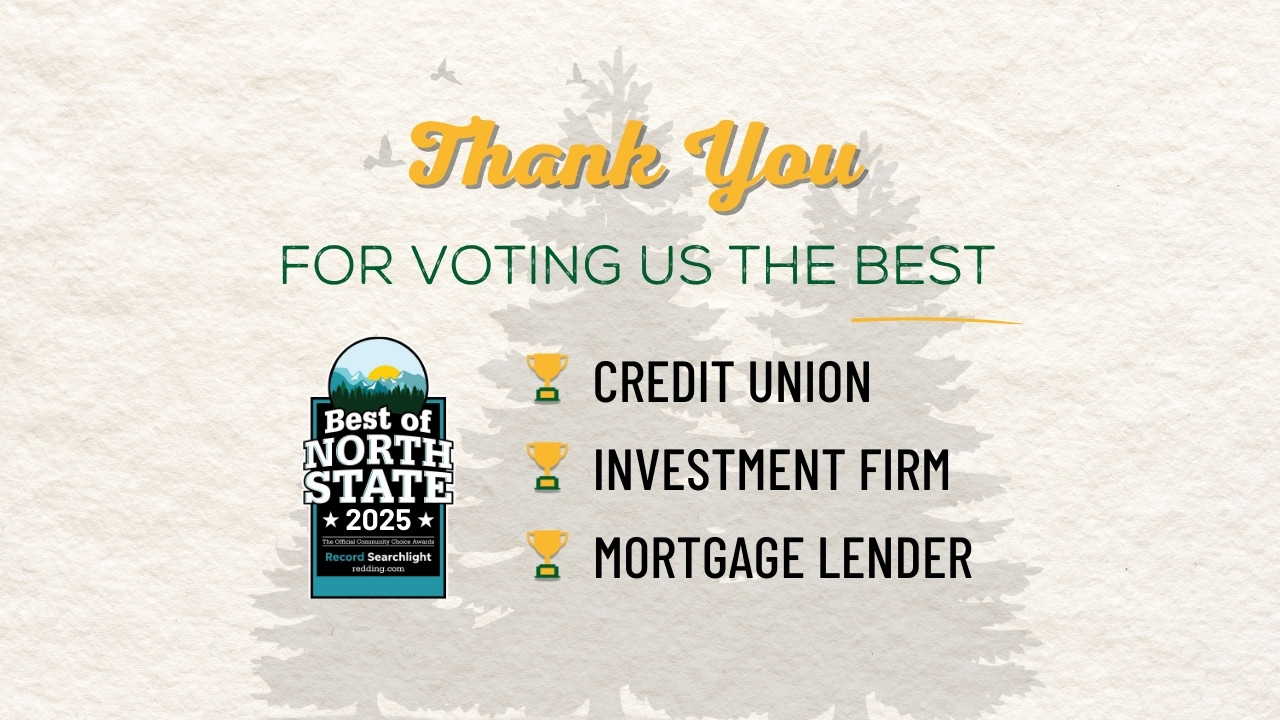
Investment Scams: Too Good to Be True? It Probably Is
Investing can be one of the smartest ways to grow your money, but it also comes with risks. With fraudsters using increasingly sophisticated tactics, even experienced investors can fall into traps that promise high returns and deliver big losses. Here's what you need to know to stay safe.
Why Are Investment Scams Appealing?
Most people love the idea that money can grow on its own, simply by sitting in an account and earning interest on both the principal and previously earned interest. Scammers use this legitimate financial principle to add a layer of credibility to their schemes. They’ll talk about compounding daily, weekly, or monthly, and promise returns that sound like a dream come true.
Here are some of the most recent investment scams to watch out for:
1. Ponzi Schemes Disguised as High-Interest Investments
Ponzi schemes rely on money from new investors to pay “returns” to earlier investors. To make their offer look more legitimate, scammers often pitch the idea of compounding interest.
Red Flags:
- Promises of steady, high returns regardless of market conditions.
- Compounding monthly or weekly at rates much higher than any legitimate investment.
Example:
No conversation about investment scams is complete without mentioning Bernie Madoff, the man behind the largest Ponzi scheme in U.S. history, a fraud that swindled investors out of an estimated $65 billion over decades. Madoff, ran an investment advisory business that promised consistent, market-beating returns. For years, he claimed his fund used a “split-strike conversion strategy”, a technical term that very few questioned, and regularly reassured clients that their investments were steadily compounding thanks to smart, low-risk strategies.
However, in reality, there were no investments being made. There was no compounding. Madoff used new investor deposits to pay earlier investors, sustaining the illusion of returns while siphoning money for personal use. When the 2008 financial crisis hit and many investors tried to withdraw their funds, the scheme unraveled. Madoff couldn’t bring in enough new money to cover redemptions, and the scheme collapsed.
2. Crypto Investment Scams
Many fraudulent crypto platforms promise to “compound your returns” at jaw-dropping rates like 2% per day. They might use flashy dashboards to show your balance supposedly growing every hour.
Red Flags:
- Guaranteed daily returns.
- No clear explanation of how profits are generated.
Example:
In 2022, the U.S. Securities and Exchange Commission (SEC) charged several individuals behind fraudulent crypto investment platforms that claimed users could double their money each month using what they called “compounding crypto strategies.” These platforms (often promoted through YouTube, Telegram, and flashy websites) offered daily interest rates of 2% to 3%, claiming their bots or algorithms were automatically trading cryptocurrencies for massive profits. Some even used terms like “auto-compounding,” “DeFi arbitrage,” or “AI-driven growth protocols” to sound more legitimate.
3. Fake Certificates of Deposit (CDs) or Bonds
Scammers sometimes offer fake CDs or bonds with unusually high compound interest rates, claiming they’re exclusive deals not available to the general public.
Red Flags:
- Rates much higher than banks or legitimate institutions offer.
- Pressure to act quickly because the “offer is about to close.”
Example:
The FBI and FDIC have issued repeated warnings about scammers impersonating well-known banks and credit unions, offering “special high-yield CDs” (certificates of deposit) with guaranteed returns and impressive compound interest rates, often well above what legitimate institutions offer. In 2023, the FBI reported an increase in these scams, particularly targeting retirees and older adults seeking safe investments. In many cases, victims lost tens of thousands of dollars, believing they were simply opening a CD with a well-known institution
4. “Forex” or Trading Scams
Fraudulent trading platforms often promise fast, compounded growth from foreign exchange or stock trading strategies. They’ll show fake charts and testimonies of investors doubling or tripling their money in weeks.
Red Flags:
- Insistence that profits compound rapidly.
- Requests for more deposits to “keep the compounding going.”
Example:
A company calling itself GlobalFX Solutions claimed to offer a “proprietary AI forex trading platform” that guaranteed returns of 10% per month. The website showed slick dashboards, fake testimonials, and even a fabricated FINRA registration number. When investors tried to withdraw money, they were hit with fake “processing delays,” or asked to pay hefty fees or taxes in advance, and within a few months, the website vanished and all communications went silent.
How to Protect Yourself
Investing you money can truly help you build wealth, but genuine investments don’t offer enormous, guaranteed returns in short periods. Here’s how to stay safe:
Question High Returns
If someone promises 10 percent interest per month, run. Even professional investors rarely achieve returns that high consistently.
Verify Licenses
Check if the company or individual offering the investment is registered with regulators like the SEC or FINRA.
Be Wary of Pressure Tactics
Scammers often insist you act quickly before you “miss out.”
Never Send Money or crypto to someone you don’t personally know
If the investment sounds too good to be true, it probably is.
Research Thoroughly
Look up online reviews, news reports, and government warnings about the company or platform.
Key Takeaway
Investing is one of the best ways to build long-term financial security, but it's also an area where scammers thrive. Whether it's a flashy forex scheme, a fake trading app, or a too-good-to-be-true opportunity on social media, the risks are real.
The good news? You don't need to be a financial expert to protect yourself. A healthy dose of skepticism, a few smart questions, and taking the time to verify information can make all the difference, because keeping your money safe is just as important as helping it grow.
Stay informed, stay skeptical, and remember - slow and steady really does win the race when it comes to building financial security.




